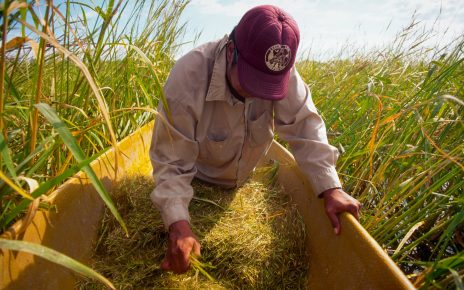
The Food and Drug Administration proposed a major change on Monday in the country’s approach to COVID-19 vaccines that, if implemented, would mirror the strategy behind annual flu shots.
The new plan, outlined in documents the FDA released ahead of the agency’s vaccine advisory committee meeting on Thursday, would empower the FDA to decide in June of each year which strain of the virus is most likely to be the biggest threat the following winter. Vaccines targeting that variant would then start rolling out no later than September, with most people likely receiving one dose a year.
It’s a very similar plan to the country’s annual flu vaccine push, though people at high risk of COVID-19 complications may need more than one annual shot, the FDA predicts. And if a dangerous COVID-19 strain were to appear, the FDA said, it could amend these plans and launch an emergency vaccine rollout.
This approach, aimed at “both simplifying the immunization schedule, and periodically updating the composition of COVID-19 vaccines as needed,” the FDA said, would upend the current arrangement in which vaccines are periodically pushed out throughout the year to target dominant strains as they appear.
“This simplification of vaccine composition should reduce complexity, decrease vaccine administration errors due to the complexity of the number of different vial presentations, and potentially increase vaccine compliance by allowing clearer communication,” the FDA said Monday.
The original COVID-19 vaccines came out about two years ago. Americans largely made a mad dash for those, with many people trying to cut the line for shots or clamoring for pharmacies’ leftover doses each day. But the enthusiasm for booster shots has waned considerably, even as more contagious strains emerge.
Only 15% of Americans have received the new bivalent booster aimed at the omicron variant, despite the vast majority of people qualifying for it. That figure has held steady for the past month. Bivalent uptake is even relatively low in people over 65, with just around 40% of people in that age group receiving the dose even though nearly all of them have completed their initial series of shots.



